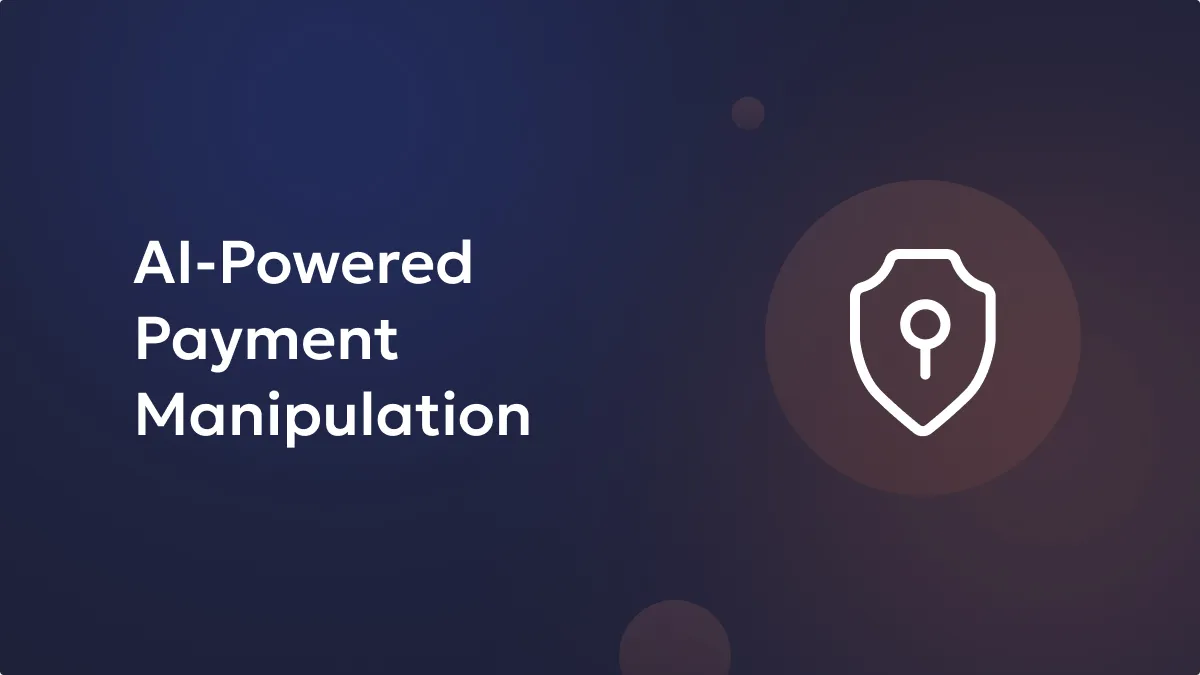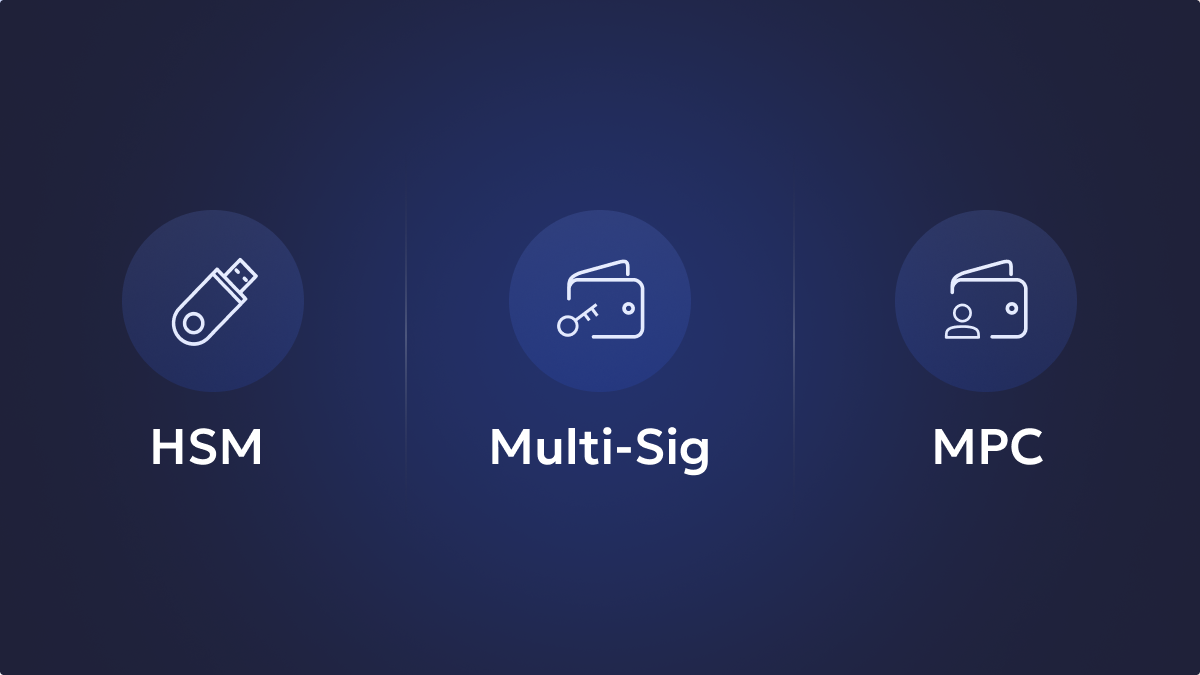DeFi wallets are virtual wallets accessible online that operate on both custodial and non-custodial models. They serve as storage and distribution platforms for cryptocurrencies, and among the well-known options are Liminal, Coinbase, and MetaMask Wallet. Custodial means that you have to rely on third-party services to securely hold and store your cryptocurrencies, which implies that you don’t have direct control over your funds. On the other hand, with non-custodial wallets, you have control over your funds and private key.
Key takeaways
- Defi wallet is a non-custodial wallet that stores a wide range of Defi tokens and digital assets.
- DeFi Wallet is a gateway to decentralized finance and a wide array of Dapps.
What is DeFi Wallet?
Defi wallets are non-custodial wallets developed to primarily store cryptocurrencies and digital assets and trade or stake them over Defi protocols.
Unlock the potential of digital assets for your institution
A non-custodial crypto wallet is not tied to a centralized exchange. It is designed to be a versatile and flexible solution for a diverse range of Defi tokens. Users are responsible for safeguarding the wallet’s private keys, commonly through a seed phrase. On top of that, Defi wallets (also known as Smart Contract wallets) are compatible with various web3 applications.
DeFi wallets typically comply with Ethereum standards and support Ethereum’s native cryptocurrency, ether, along with ERC-20 tokens and ERC-721 NFT tokens. Software wallets, accessible via web browsers or mobile devices, are popular in this domain. They are often free to use. Some examples include MetaMask, WalletConnect, and Rainbow Wallet.
How Does it Work?
As mentioned earlier, crypto Defi wallets serve as a storage solution for your crypto assets or currencies. You will need a password and a seed phrase to access these wallets. The seed phrase, typically consisting of 12 to 24 confidential words, grants you verification and access to your crypto assets. Notably, these defi wallets operate within the Decentralized Finance System on the blockchain network, bypassing government monitoring.
Secure and manage your digital assets with Liminal
The infrastructure of the crypto defi wallet is built upon smart contracts, ensuring exceptional security. By harnessing the capabilities of smart contracts and the blockchain network, these wallets offer high levels of security, anonymity, and unrestricted access to your funds. This anonymity empowers you to conduct transactions without the conventional barriers imposed in the real world, as they are not confined to predefined categories established by regulatory bodies.
Furthermore, traditional financial systems often impose transaction limits, restricting transfer amounts or frequency. DeFi wallets enable users to surpass these limitations, empowering them to create new crypto tokens, utilize various financial products, and even develop their applications. This flexibility and freedom offer a new level of financial possibilities outside the constraints of traditional financial systems.
How to choose a DeFi wallet
When choosing a DeFi wallet, your first decision will be based on the blockchain network you intend to use. For example, the popular Web 3 wallet MetaMask does not natively support the Solana blockchain. In such cases, you must opt for wallets like Solflare, Sollet, or Phantom to interact with Solana decentralized applications (dapps). Some blockchain applications may even require their specific wallet. For instance, the play-to-earn crypto game Axie Infinity mandates using Ronin Wallet.
You may find yourself utilizing multiple DeFi wallets for different purposes, as they are free and quick to set up. It’s crucial to securely store your seed phrase, a 12- or 24-word phrase that grants access to your defi wallet.
Apart from blockchain compatibility, wallets offer distinct features. Certain wallets excel in supporting specific assets. For instance, MetaMask does not provide visualizations of the NFTs within your wallet, while Rainbow Wallet allows you to view your held NFTs directly within your account.
Some DeFi wallets integrate with decentralized finance applications, enabling you to interact with DeFi protocols or perform trades without leaving the wallet. MetaMask facilitates token swaps within its app, while SolFlare empowers staking account management. Argent allows debit card purchases and offers reduced fees for staking by utilizing zkSync’s layer two networks. It also integrates with Yearn, Lido, and Gro. Coinbase Wallet, a non-custodial wallet from the custodial exchange, integrates with the lending protocol Compound and decentralized derivatives exchange dYdX. It is recognized for its user-friendly interface.
Certain wallets, such as MyCrypto and MyEtherWallet, natively support hardware wallets, making them suitable for interacting with DeFi protocols using cryptocurrencies stored in cold storage.
Security is a priority for some crypto defi wallets. Gnosis supports multi-signature transactions, requiring confirmation from multiple parties. Argent enables you to nominate “guardians” who can assist in recovering access to your DeFi Wallet if you forget your private keys.
Conclusion
When seeking a crypto defi wallet, it is worth considering the widely popular options mentioned in this post. Each wallet offers unique features, such as broad asset support or enhanced security and control over your data and funds. Ultimately, the choice rests with you.
However, opt for a DeFi Wallet that encompasses essential qualities such as robust security measures, fast transfers, versatility, availability across multiple devices, and, notably, compatibility with the specific cryptocurrency or crypto assets you intend to trade and invest in. By prioritizing these factors, you can ensure a well-rounded wallet that meets your requirements and provides a seamless user experience.
Related FAQs
1 – What is DeFi wallet and how does it work?
A DeFi wallet is a digital tool that allows you to interact with decentralized finance (DeFi) applications. Unlike traditional wallets, DeFi wallets give you full control over your digital assets. You can store, send, receive, and manage various digital currencies and interact with DeFi platforms like lending, borrowing, and trading.
2 – What is DeFi used for?
DeFi offers financial services without intermediaries. You can lend and borrow digital currencies, trade assets on decentralized exchanges, earn interest on your holdings, and participate in various financial activities.
3 – How to make money in DeFi?
Making money in DeFi involves strategies like lending, staking, liquidity providing, yield farming, and trading. Each method carries risks and rewards. It’s essential to understand these strategies and the underlying risks before investing.






